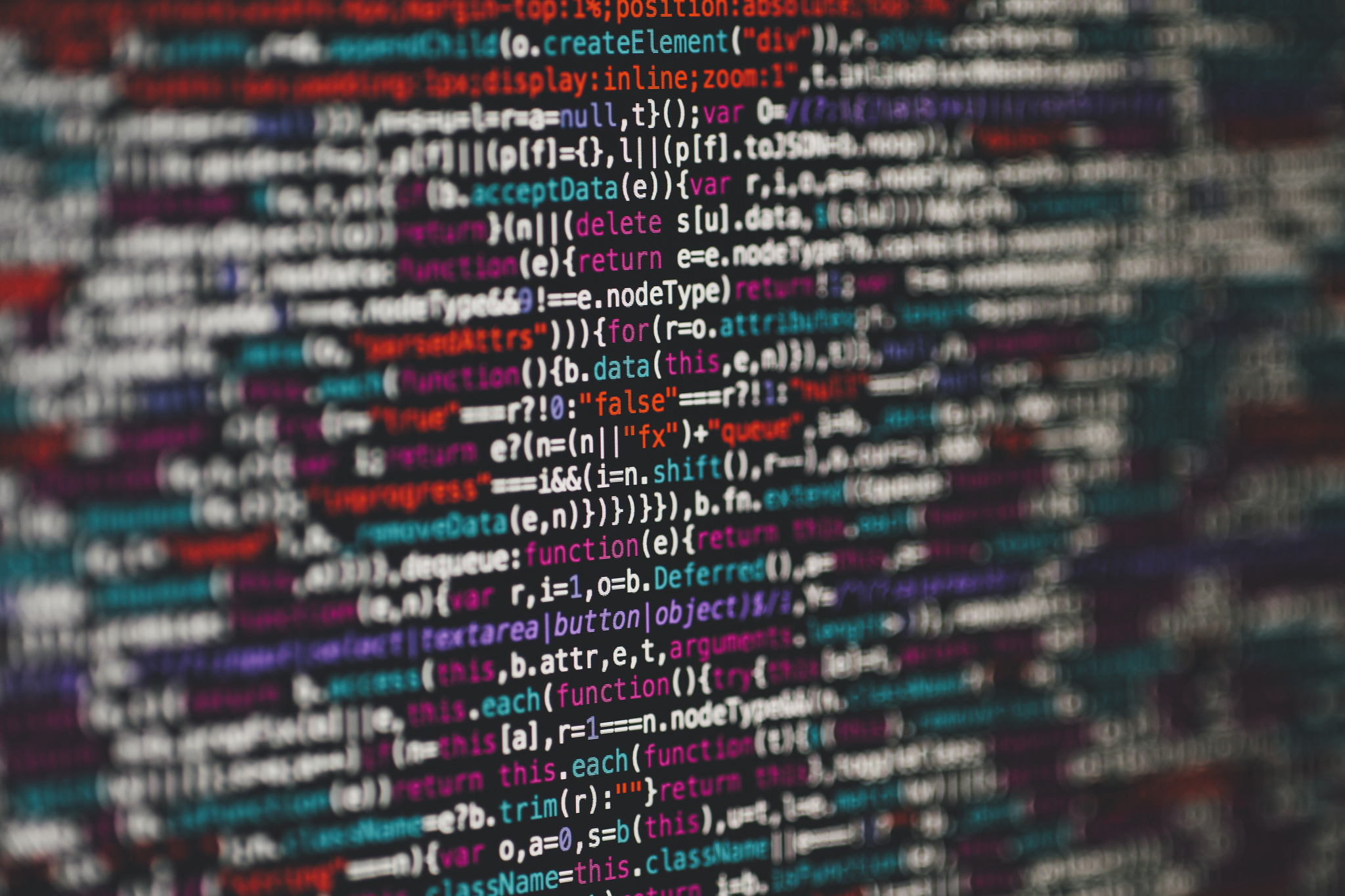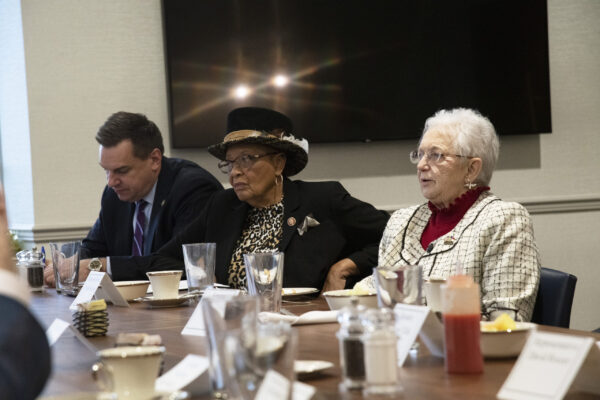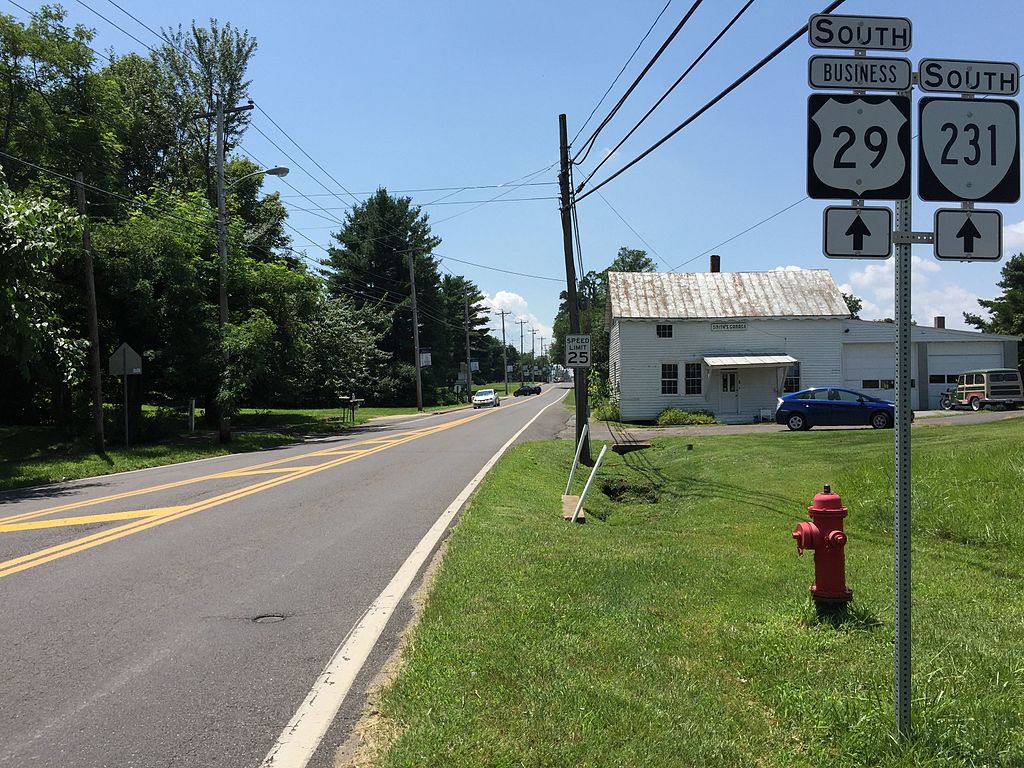Blockchain is a relatively new word in the cyber world and a very novel technology. Record keeping has historically evolved with emerging technology. From chiseling stone in Roman times to sheets of paper during the days before computers, keeping records, especially government records, has always utilized the most advanced technology in the world. With the advent of the internet and the beginning of electronic record keeping in the 1950s, more widely adopted in the 1970s, the proliferation of digital technology and digital record keeping is something that is used by everyone nowadays. Though, a resolution introduced into the Virginia General Assembly is set to change the way government keeps its mounds of records.
Delegate Glenn Davis (R-Virginia Beach) has proposed a House Joint Resolution to study blockchain technology in state record keeping and the eventual implementation thereof. Blockchain is typically known by those who follow the wild roller coaster of the Bitcoin market. The technology is used with a continuously growing list of records which are linked together using very secure and undecipherable cryptography. Each block in the chain is marked with a link to a previous block in the sequence, a timestamp, and the subsequent transaction data. Through this design of record keeping, blockchain is resistant to modification and permanently verifiable. Furthermore, the decentralization of blockchain allows anyone to access records.
H.J. 153 is stated to establish a, “one-year joint subcommittee consisting of seven legislative members and five nonlegislative members to study the potential implementation of blockchain technology in state record keeping, information storage, and service delivery.” Not only will blockchain technology be utilized in state record keeping, but the study also notes that the committee will study how blockchain may stimulate interest and growth in Virginia’s information technology industry.
The resolution from Delegate Davis tackles three problems in electronic record keeping: maintenance, transparency, and cyber attacks. Paperless transactions and the permanent, unalterable record keeping system will be immune to cyber attacks and data destruction. As well, blockchain can reduce the need for specialized computer systems, software interfaces, and giant computer databases, saving money on maintenance. With the new technology, more people and regions throughout the state will be able to participate in electronic government services since blockchain will enable all information to be readily available to the public.
According to Coindesk, the study group will not receive an official budget for its costs. However, the House of Delegates will create a cryptocurrency wallet for private donations to fund the work.
Delegate Davis has also been a proponent of increase Virginian’s awareness and education in computing. He has also put forth House Bill 576 which will requires the Board of Education to establish computer coding course credits for high school graduation requirements in Virginia.
Although many people may have reservations about Bitcoin and how it has emerged, the blockchain technology associated with it has risen to meet the demands of an ever-increasing technological world. Delegate Davis has sharp technology acumen when its comes to the business world in his own private enterprises. He is now taking a proven, applied science to the halls of the General Assembly to revitalize record keeping in Virginia government and may revolutionize the commonwealth itself.






